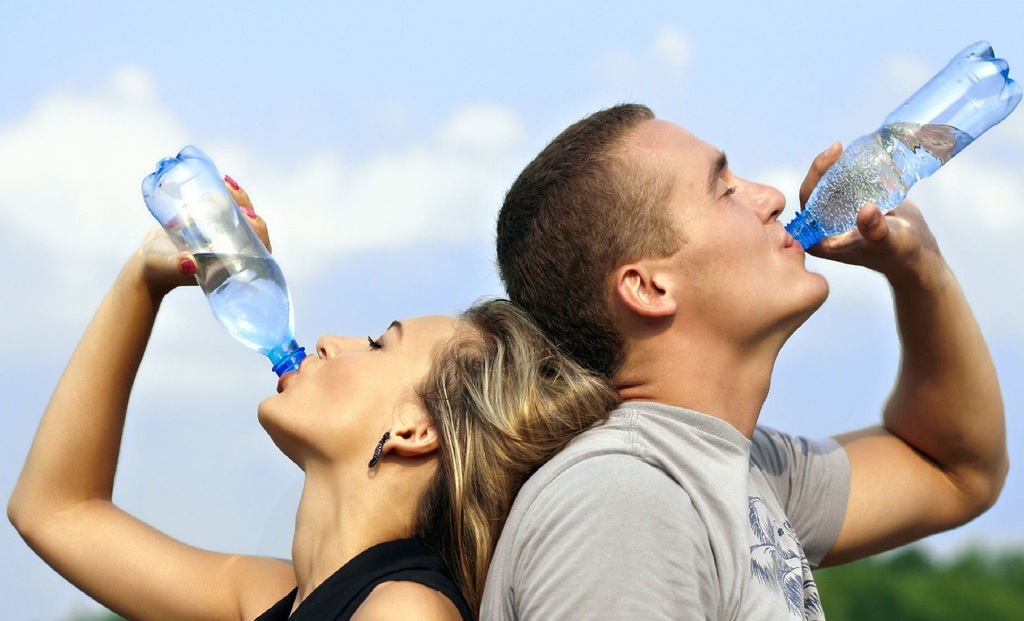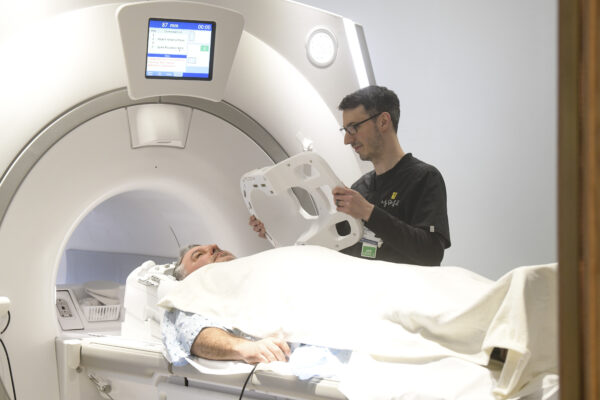It’s easy to overlook something as simple as water—until it becomes a serious health issue. Dehydration in older adults is alarmingly common and often underdiagnosed. At CarePatrol of The Lehigh Valley & Upper Bucks, we regularly work with families to identify the small lifestyle factors that can have major health impacts. Hydration is one of them.
Whether your loved one is living independently, with family, or in an assisted living community, understanding how dehydration affects seniors—and how to prevent it—is crucial to their health and safety.
Why seniors are more vulnerable to dehydration
As we age, our bodies undergo changes that increase the risk of dehydration:
- Reduced sense of thirst Older adults often don’t feel thirsty until they are already dehydrated.
- Medications Diuretics, laxatives, and some blood pressure medications increase fluid loss.
- Decreased kidney function Kidneys become less efficient at conserving water.
- Chronic conditions Diabetes, dementia, and mobility issues can impair the ability to drink regularly.
- Physical or cognitive limitations Some seniors may forget to drink or avoid fluids due to fear of incontinence.
Signs and symptoms to watch for
Dehydration symptoms in seniors can be subtle or mimic other issues, making it harder to diagnose. Look out for:
- dry mouth and lips.
- headaches or lightheadedness.
- fatigue or weakness.
- confusion or irritability.
- dark or infrequent urination.
- low blood pressure or rapid heart rate.
- sudden weight loss.
In more severe cases, dehydration can lead to urinary tract infections (UTIs), kidney problems, falls, or hospitalization.
How much water should seniors drink?
While the “8 glasses a day” rule is a common guideline, the ideal amount varies. A good rule of thumb for older adults is 6 to 8 cups of fluid per day, unless otherwise directed by a doctor.
This can include:
- water.
- herbal teas.
- low-sugar fruit juice.
- broth-based soups.
- fruits with high water content (e.g., watermelon, oranges, cucumbers).
Tip: Keep a water bottle nearby and set reminders throughout the day. In assisted living or memory care, many communities schedule hydration checks for this very reason.
How senior living communities help maintain hydration
At CarePatrol, we match seniors with communities that prioritize health and safety—including hydration. In high-quality assisted living or memory care settings, hydration is part of the daily care routine, including:
- scheduled water breaks.
- fluids offered with every meal and snack.
- monitoring for signs of dehydration.
- education for caregivers and staff.
Tips for Family Caregivers
If your loved one is aging at home or you’re helping with daily care, here are a few practical ways to boost hydration:
- Offer drinks throughout the day—don’t wait until meals.
- Use fun straws or flavor water with fruit to make it more appealing.
- Make hydration part of medication time.
- Monitor urine color (pale yellow is ideal).
- Keep fluids within reach, especially if mobility is limited.
A small habit that makes a big difference
Hydration is often overlooked, but it’s one of the most impactful daily habits for older adults. Whether your loved one lives independently or is exploring senior care options, hydration should always be a priority.
At CarePatrol of The Lehigh Valley & Upper Bucks, we help families make informed, compassionate choices about senior living. That means finding communities that don’t just meet basic needs, but also promote overall health and wellness—one glass of water at a time.






